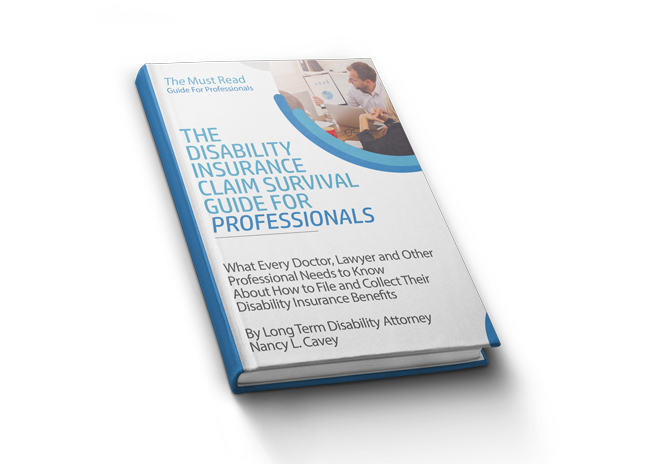Home » Areas of Practice » Life Insurance Policy Lapse

Click edit button to change this text. Lorem ipsum dolor sit amet, consectetur adipiscing elit. Ut elit tellus, luctus nec ullamcorper mattis, pulvinar dapibus leo.
Life insurance companies will deny a claim for life insurance or AD&D benefits if the insurance company did not get the premium payment on time. They will say that the policy was terminated and the coverage has lapsed.
The laws and insurance regulations that control a policy lapse due to non-payment are complex and change frequently. Unfortunately, carriers make many mistakes when they deny coverage because of an alleged coverage lapse. These mistakes include:
It can be easy in the hustle and bustle of life to miss paying your life insurance premium. When you miss a payment, a life insurance company is required to give you a 31 day grace period in which you can pay the premium and have your coverage reinstated. However, if you don’t make the payment before the grace period expires, your policy will lapse and you have no coverage. If you die after the policy lapses, your policy has no value and your beneficiaries won’t be paid.
If your policy has lapsed, you can ask for reinstatement. While life insurance companies handle reinstatement of a lapsed policy differently, generally you will have to apply for reinstatement, answer health questions, pay all of the back premiums and request reinstatement within the time frame allowed by the policy.
Reinstating a policy can cost you big time. You may be required to pay all of the back premiums with interest, repay any loans taken against the policy and pay a higher premium if your policy is reinstated.
You may also have to take a medical examination and, if anything has changed, the life insurance policy may refuse to reinstate the insurance.
You might be uninsurable or have to pay a huge premium to get minimal coverage.
The law, regulations and case law governing lapsed is complex and varied. In some states, the law puts the burden of proof on the insurance company to establish they followed the law to the letter and gave the policy holder every notice required. Other states make the insurance companies’ burden easier by creating a presumption the policy holder got the notice of cancellation by establishing a company procedure for handling notice of non-premium payment and notice of cancellation.
Don’t forget that a carrier can also prove up its defense by providing proof of actual mailing of these notices to the policy holder at the policy holder’s last known address, even if the policy holder never got the notice.
You owe it to yourself to get assistance from a life insurance attorney such as name of firm, because you may be able to get the life insurance proceeds, if you can prove the insurance company did not follow the laws and regulations in sending proper notice of non-payment of premium and cancellation.
Depending on the state, we can be successful in challenging the claimed policy lapse and have the policy reinstated.
Contact name of firm at x phone number for a free 30 minute consolation to learn more about overcoming a lapsed policy denial.
Hiring the The Life & Accidental Death Claim Law Firm
At our firm, we have dealt not only with our client’s life insurance claims but those of our family. We know, first hand, how difficult it can be to deal with our grief, our families’ needs and to deal with the demands of a life insurance company.
We work on a reasonable contingent fee. If we don’t recover, we don’t get paid. If the life insurance company is deny your claim because it says the policy lapsed because of the non-payment of premium, call us today. Don’t delay! Call phone number.




Need help? Fill out the form below to claim your free consultation. We will respond as soon as possible.
© 2021 All rights reserved. Life and Accident Death Claim Lawyers
COPYRIGHT AND PRIVACY 2021
The information on this website is for general information purposes only. Nothing on this site should be taken as legal advice for any individual case or situation. This information is not intended to create, and receipt or viewing does not constitute, an attorney-client relationship.